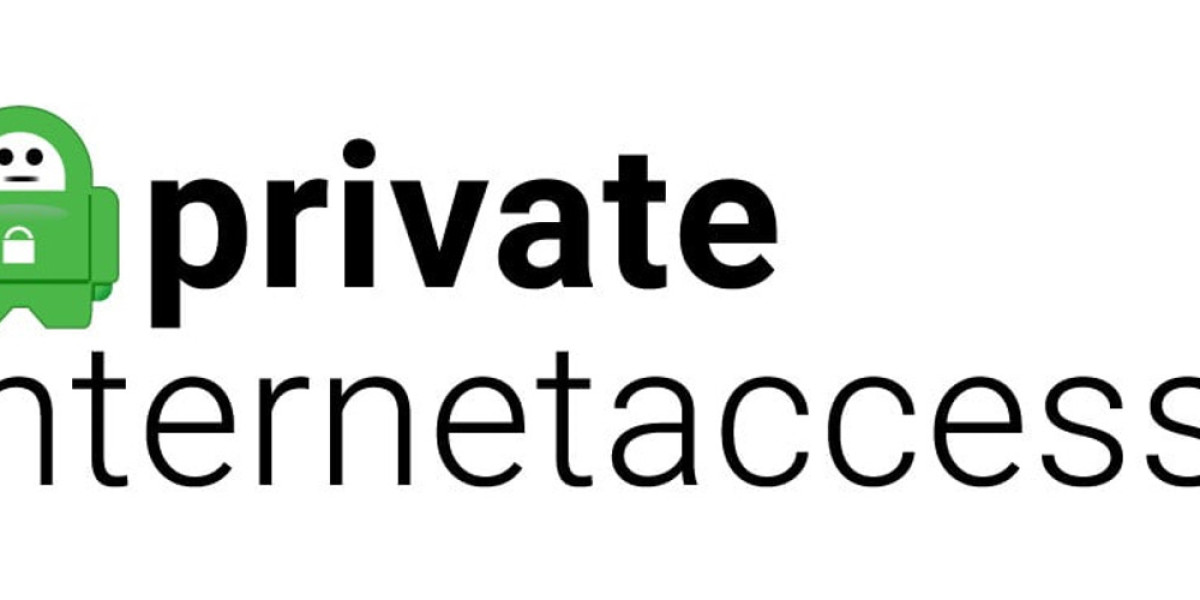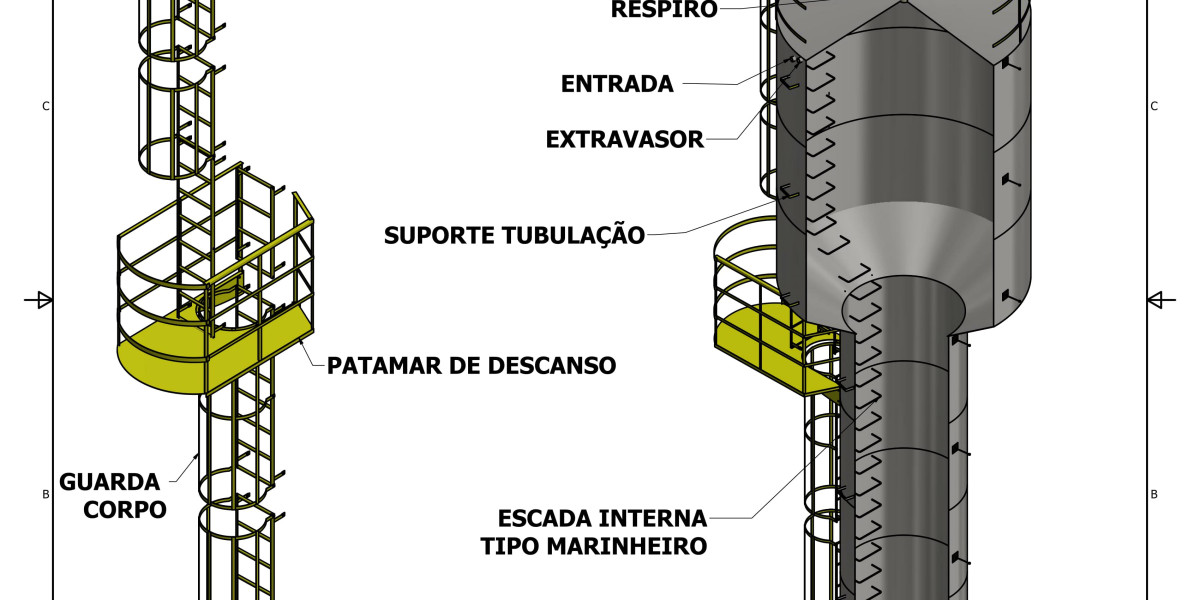Why Specialized Billing Matters in Cardiology and Rheumatology
These specialties face:
High claim volumes from recurring patient visits.
Complex, procedure-heavy coding structures.
Frequent use of high-cost drugs and advanced diagnostics.
Tight payer scrutiny due to expensive services.
Coordination with multiple specialties.
Without a tailored billing strategy, practices risk denials, underpayments, compliance violations, and lost revenue.
- Mastery of Specialty-Specific CPT and ICD-10 Codes
Cardiology
Cardiology medical billing services includes both E/M codes and a range of procedural CPT codes. Common codes:
93000 – Electrocardiogram, routine ECG with interpretation.
93306 – Echocardiography, transthoracic with Doppler and color flow.
93458 – Left heart catheterization with coronary angiography.
Rheumatology
Rheumatology relies heavily on E/M, joint imaging, and infusion codes:
20610 – Large joint injection.
96413 – Chemotherapy or biologic infusion (first hour).
76942 – Ultrasound guidance for injections.
Tip: Accurate ICD-10 codes like M05.79 (RA with rheumatoid factor) or I50.9 (Heart failure, unspecified) are essential to justify medical necessity.
- Accurate E/M Coding for Ongoing Management
Both specialties involve managing chronic patients with frequent follow-ups.
Use time-based E/M coding when counseling or care coordination dominates the visit.
For cardiologists: document disease progression, medication management, and test interpretation.
For rheumatologists: focus on flare monitoring, biologic therapy assessment, and functional status.
Incorrect levels result in revenue loss or compliance flags.
- Proper Use of Modifiers
Specialty billing often involves multiple services in one visit. Modifiers help differentiate and justify each.
Modifier 25 – Distinct E/M service on same day as procedure (e.g., office visit + joint injection).
Modifier 59 – Distinct procedural service (e.g., echocardiogram + stress test).
Modifier 76 – Repeat procedure by the same provider.
Misuse leads to 97 denial code or CO 50 denial (not medically necessary).
- Infusion Billing: Critical for Rheumatology
Rheumatologists frequently administer expensive biologics like:
Infliximab (Remicade)
Tocilizumab (Actemra)
Rituximab (Rituxan)
Key steps for proper billing:
Use accurate HCPCS codes for the drug (e.g., J1745 for infliximab).
Bill the infusion time separately (e.g., 96413 for 1st hour, 96415 for each additional hour).
Include dose, units, and NDC.
Ensure prior authorization is documented and up to date.
- Diagnostic Testing and Global Period Awareness
Cardiology:
Stress tests, echocardiograms, nuclear imaging, and catheterizations must be coded based on global, technical, or professional components.
Use appropriate modifiers:
TC – Technical component only
26 – Professional component only
Rheumatology:
In-office imaging (e.g., musculoskeletal ultrasound) may require:
Proper CPT codes for the ultrasound + guidance
Separate documentation for each service to avoid bundling denials
- Ensure Prior Authorizations and Documentation
High-cost procedures and infusions must be pre-authorized. Missing or delayed prior authorizations are a major cause of denials in both specialties.
Strategy:
Implement a dedicated prior auth team or outsource this function.
Track and document:
Authorization number
Valid dates
Payer-specific requirements
Supporting documentation submitted
- Track and Appeal Denials Proactively
Monitor denials by code and payer. Focus on:
CO 50: Service not deemed medically necessary.
97 denial code: Service included in another billed procedure.
16 denial code: Claim lacks information or has invalid data.
Use robust denial management workflows to:
Resubmit corrected claims.
Send appeals with clinical notes.
Avoid repeat errors through team training.
- Coordinate with Clinical Teams for Charge Capture
Charge slips must reflect all services performed. Encourage:
Real-time documentation.
Staff education on billable services (e.g., ECG interpretation, ultrasounds, follow-up care).
Sync between nursing, clinical, and billing teams.
For example:
Cardiologists may miss out on separately billable EKG interpretations.
Rheumatologists may underreport ultrasound-guided injections.
- Implement Technology for Compliance and Efficiency
Use billing software/EHR systems that:
Support custom templates for cardiology and rheumatology visits.
Trigger coding alerts to prevent underbilling/overbilling.
Automate eligibility verification, prior auth requests, and claim scrubbing.
Also consider:
Outsourcing medical billing and credentialing services for efficiency.
Integrating reporting dashboards to monitor revenue cycle metrics.
- Stay Updated on Payer Guidelines
Insurance carriers regularly update:
Coverage policies
Bundling edits
Reimbursement rules for biologics or cardiovascular devices
Relying on outdated rules can cause massive revenue loss.
Best practice: Review payor bulletins monthly. Partner with a billing company familiar with both cardiology and rheumatology medical billing services guidelines.
Final Thoughts
Billing for cardiology and rheumatology is more than data entry—it’s a high-skill, compliance-sensitive process that affects your bottom line. By investing in specialty-specific coding knowledge, proactive denial management, accurate documentation, and smart use of modifiers, practices can:
Maximize reimbursements.
Reduce administrative burdens.
Improve patient care coordination.
Stay compliant with evolving regulations.
As reimbursement models become more value-based, accurate and efficient billing is vital for sustaining and growing your specialty practice.








